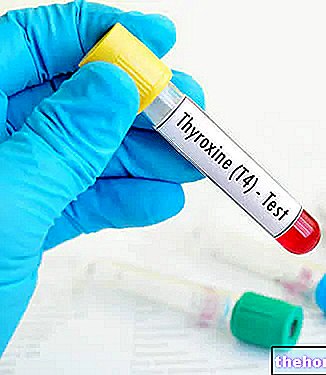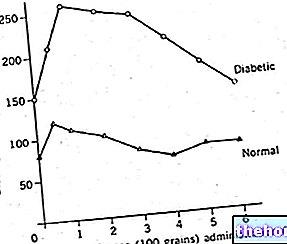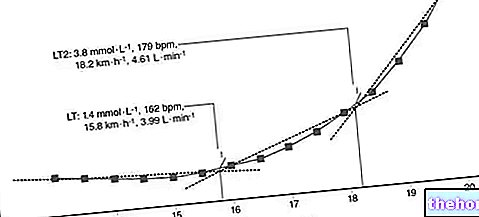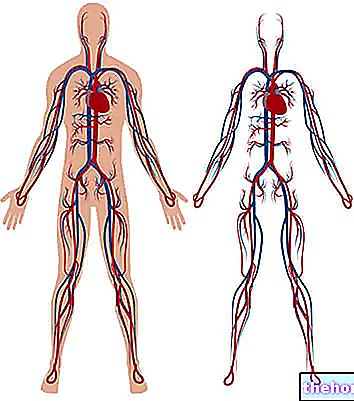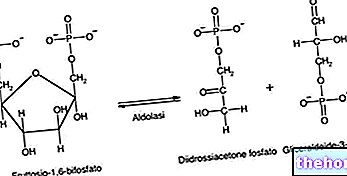Generality
Alphafetoprotein (AFP) is a glycoprotein substance with functions similar to those of albumin, synthesized mainly during fetal life by the yolk sac and the liver.
After birth, alphafetoprotein levels begin to drop significantly, until they reach - within 12/24 months - the characteristic values of a healthy adult (less than 5 ng / mL).
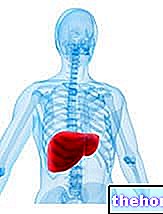
Specifically, alphafetoprotein is known to be one of the most important markers of liver cancer (hepatocarcinoma), although in this sense its specificity is certainly not optimal.
What's this
Alphafetoprotein is a tumor “marker”, ie one of those substances that can be found in increased quantities - in the blood, urine or other body fluids - in the presence of some neoplastic processes.
AFP is found in maternal serum - hence its name - starting from the fourth week of pregnancy. In particular, this glycoprotein is produced by the developing fetus in its own liver, yolk sac and gastrointestinal tract. L "AFP it reaches a peak in maternal blood at the 13th week of gestation, then gradually decreases in the following months.
Immediately after birth, the AFP in the newborn stabilizes at the normal level of an adult and always remains low, except in the case of pregnancy, liver disease or some forms of cancer.
Because it is measured
The test measures the concentration of alphafetoprotein (AFP) in the blood. In healthy children and adults, AFP is normally present in very small quantities.
High concentrations of alphafetoprotein can be produced by certain types of liver, testicular and ovarian cancers. This feature makes the protein useful as a tumor marker in supporting the diagnosis of these neoplastic processes.
The parameter is also useful for monitoring the progress of chronic liver diseases, such as cirrhosis, hepatitis B and hepatitis C.

